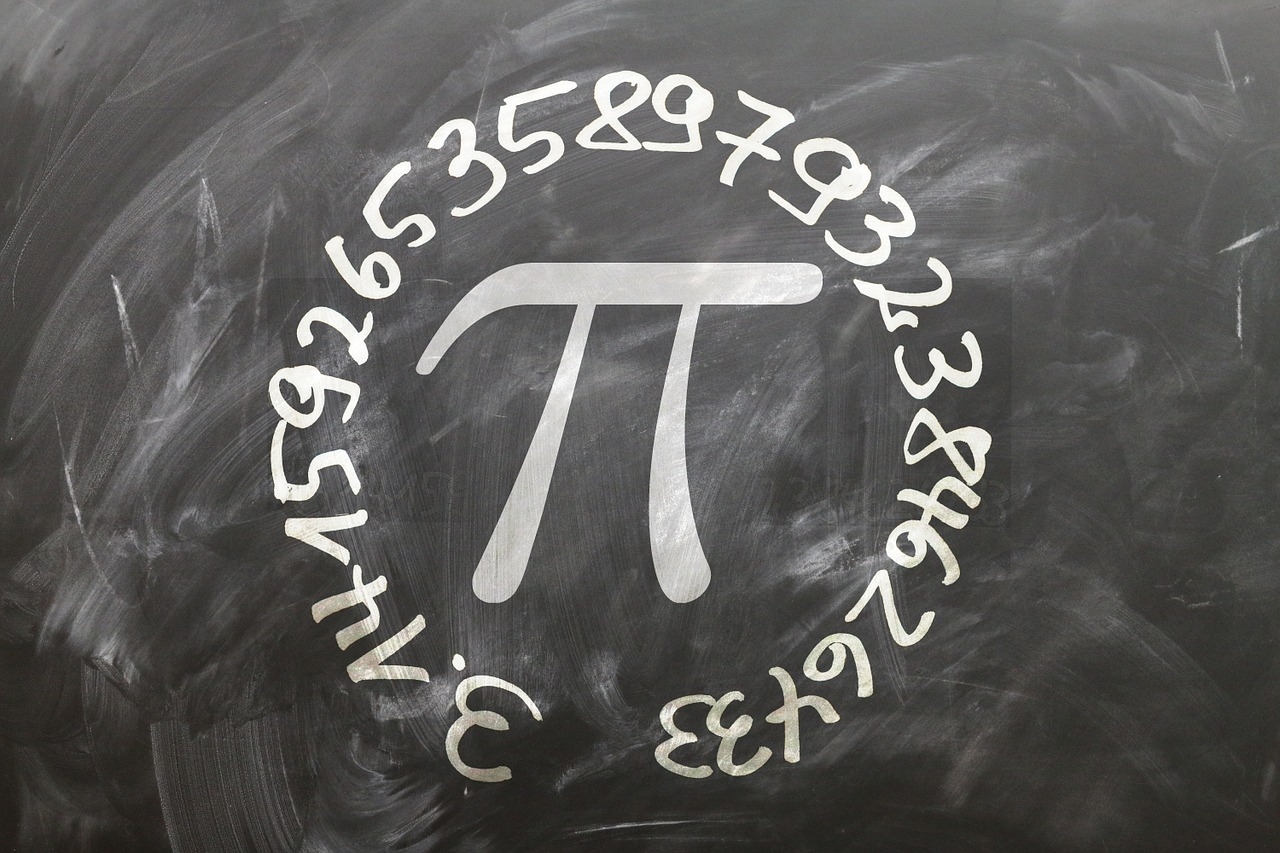
All About Pi
Happy Pi Day everyone! No not “pie,” but “pi.”
We’re pretty much all familiar with the concept of pi, which is the name given to the number 3.14, a value used to calculate the circumference of a circle, having learned about it in school. Seeing it probably gives you war flashbacks to high school geometry. Since it was first celebrated on a large scale in 1988, Pi Day has become an internationally recognized day to celebrate not only the number specifically, but the importance of math and science in general. Even if you’re not into math, the facts and history surrounding pi are actually really interesting. Here are 10 facts about pi – who knows when this info may come in handy?
- Pi is an irrational number, meaning it goes on forever–“3.14” is a three-digit, rounded version of it. The first 20 digits are 3.1415926535897932384.
- Pi was first calculated by world renowned Greek mathematician Archimedes sometime in the 2nd century B.C. Archimedes was so engulfed in his work that he didn’t even realize that Roman soldiers had taken over the city. The mathematician ended up being beheaded in a Roman raid while in the middle of intense studying.
- In 2005, a Chinese man named Lu Chao memorized and recited the first 67,890 digits of pi. He currently holds the world record.
- A powerful computer called the Hitachi SR 8000 was developed in Japan in 2002 and is able to calculate more than 1 trillion digits of pi.
- The symbol for pi, “π,” is the Greek letter piwas, the sixteenth letter in the Greek alphabet.
- Luxury brand Givenchy sells a cologne called “Pi.” It was first released in 1998 and is meant to cater to those with a love of “eternal exploration and sensual experiments” and to highlight the attractiveness of intelligent and visionary men.
- In an episode of Star Trek called “Wolf in the Fold,” Spock confuses an evil computer by telling it to, “compute to last digit the value of pi.”
- Pi Day is also Albert Einstein’s birthday! Einstein was born on March 14th, 1879.
- Other names for pi include “circular constant,” “Ludolph’s number,” and “Archimedes’ constant.”
- Though the sequence of pi is random, humans have spent over 4000 years trying to find patterns in it. Many scholars believe that humans have a natural tendency to sort and find patterns in the things around us as a means to make sense of the world –hence the obsession with finding meaning and pattern in pi.









